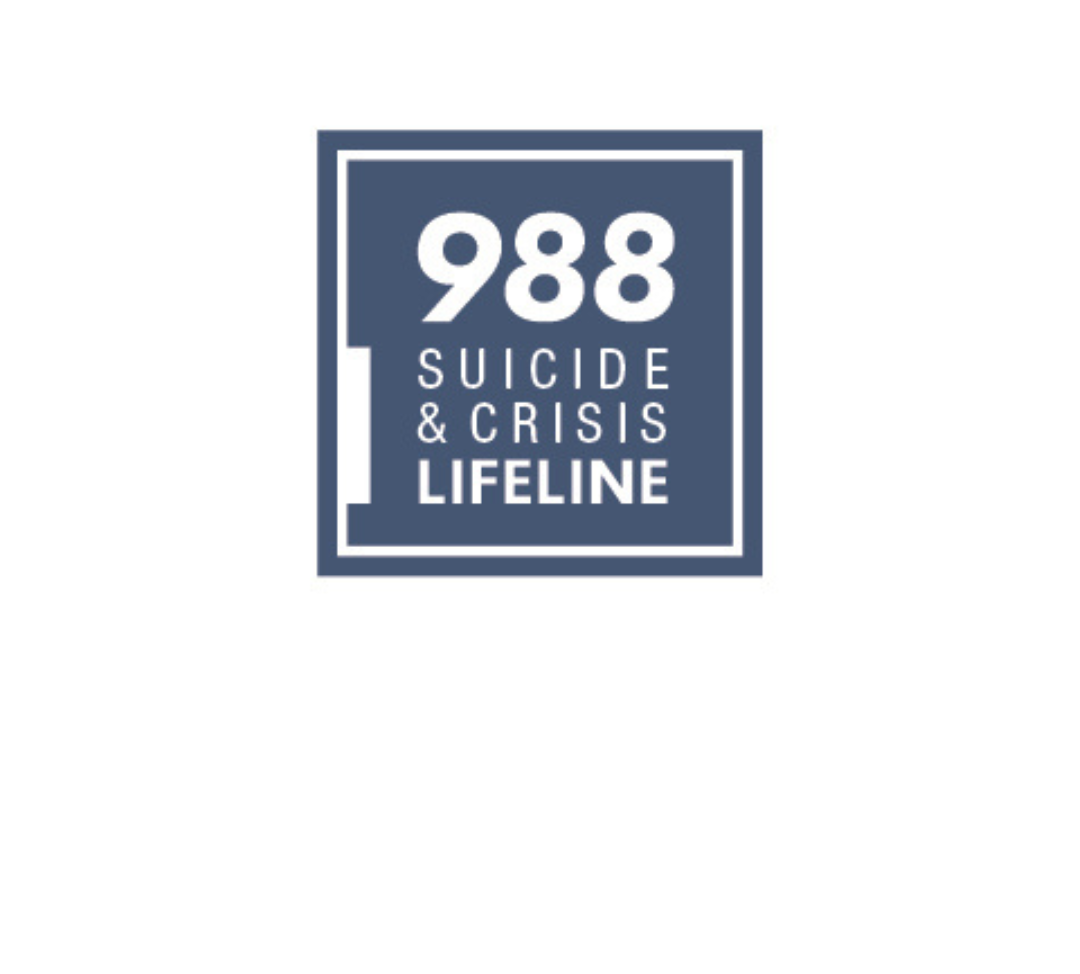
Resources

Crisis Resources
If you or a loved one are in immediate danger, call 911.
988 Suicide and Crisis Lifeline: Call, Chat, or Text to 988
The Lesbian, Gay, Bisexual and Transgender (LGBT) National Hotline: 1 (888) 843-4564
Mental Health Crisis Phone Numbers for all counties in Minnesota
Minnesota Advocacy, Education and Support Organizations
Learn more about mental health, support groups, and advocacy: